- BlackVoter.Org
- Posts
- BlackVoter.Org
BlackVoter.Org

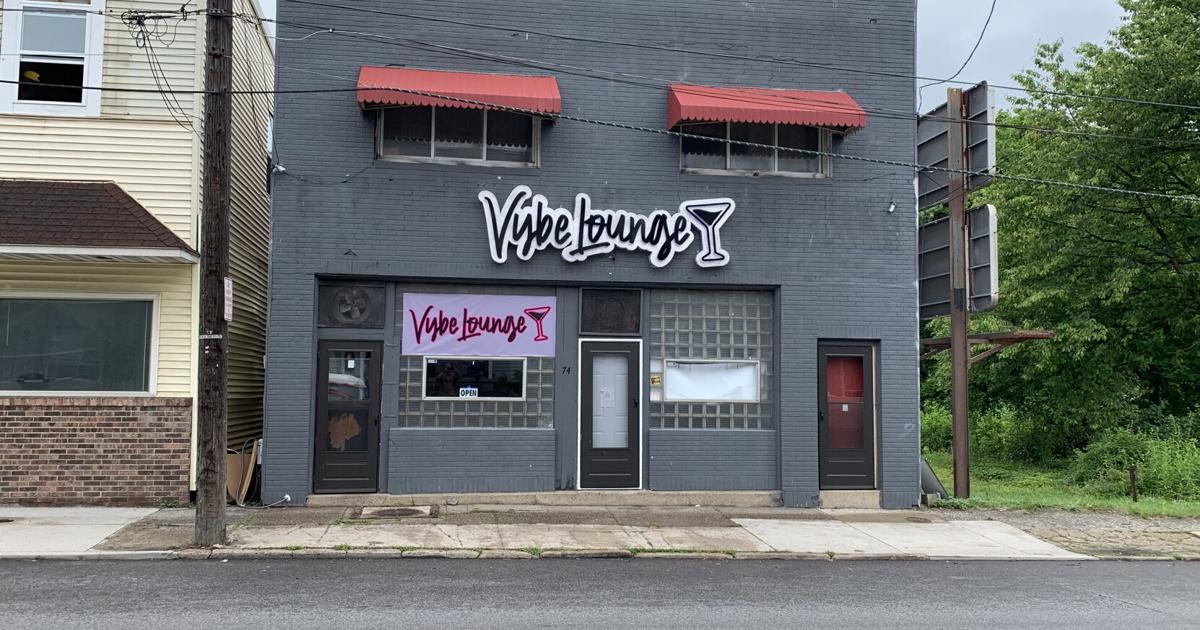
In a shocking incident in Johnstown, four women were injured in a shooting outside Vybe Lounge, a nightclub that had just celebrated its grand opening. The chaotic event unfolded around 12:30 a.
m. on June 15, 2025, leaving the community in disbelief and prompting an urgent police investigation.
Authorities have released a photo of a person of interest linked to the case, intensifying the manhunt for this suspect. The local police are actively seeking information from the public to bring clarity and justice to the victims and their families.
As the investigation unfolds, the incident raises serious concerns about safety in nightlife venues and the ongoing issue of gun violence. The community is rallying around the affected women, hoping for swift justice and a return to peace.
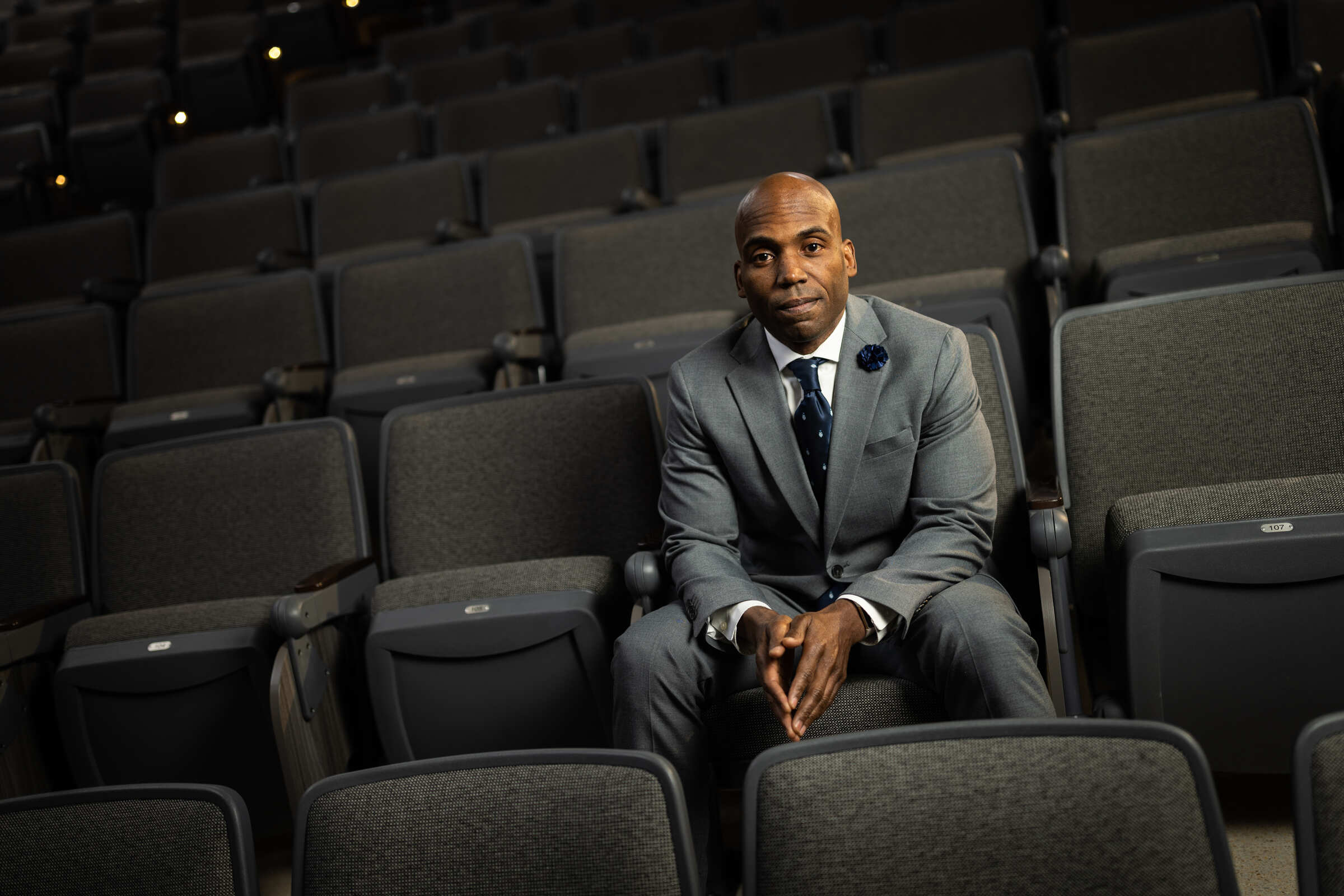
In a recent discussion with MPR News, Yohuru Williams, director of the Racial Justice Initiative, addressed the alarming rise of political violence in today's polarized society, particularly following tragic events like the fatal shooting of Minnesota Democratic House Rep. Melissa Hortman and her husband.
Williams emphasized that recent years have been tumultuous, marked by the pandemic, racial unrest following George Floyd's murder, and the January 6 Capitol insurrection. He articulated a grim reality: political violence is increasingly perceived as an expected part of our social landscape.
Reflecting on the historical context for African Americans, Williams noted that while Juneteenth symbolizes hope for freedom, the struggle for safety and justice at the polls remains ongoing. As the nation faces these challenges, his insights spotlight the urgent need for dialogue and action to combat political violence and protect democracy.
In a thought-provoking opinion piece, Sharisse Bronson Turner discusses the unsettling dynamics in Florida's higher education landscape, particularly surrounding the recent presidential selection at Florida Agricultural and Mechanical University (FAMU). The appointment of Marva Johnson, an outsider with minimal higher education experience, ignited backlash from students and alumni who felt their voices were sidelined.
Turner highlights the troubling trend where political loyalty overshadows merit, evidenced by the Florida Board of Governors rejecting a qualified candidate based on his support for diversity, equity, and inclusion (DEI). She argues that the GOP’s influence reshapes the definition of meritocracy, prioritizing ideological alignment over credentials.
By urging stakeholders to look beyond the table to the "kitchen" where decisions are crafted, Turner emphasizes the need for access and agency in the decision-making processes that critically impact the future of public higher education in Florida. It's a clarion call for vigilance and activism in the fight for educational integrity.

Fentrice Driskell, currently ranked No. 17 among Tampa Bay’s Most Powerful Politicians, is a dynamic force in Florida’s political landscape.
As House Democratic Leader, she has shown unyielding perseverance despite a challenging political climate dominated by a GOP supermajority. Driskell’s influence remains strong as she navigates the turbulent waters of party defections and internal challenges while championing critical issues like women’s reproductive rights and combating hate crimes.
A Harvard and Georgetown graduate, she is recognized for her political savvy and compassionate leadership style. Her ability to unite people, speak out against power, and advocate for meaningful change cements her status as a rising star.
While she approaches term limits, rumors swirl regarding potential runs for Senate, Governor, or even Tampa Mayor. One thing is clear: Driskell won't back down from a fight and remains a prominent figure to watch in Florida politics.
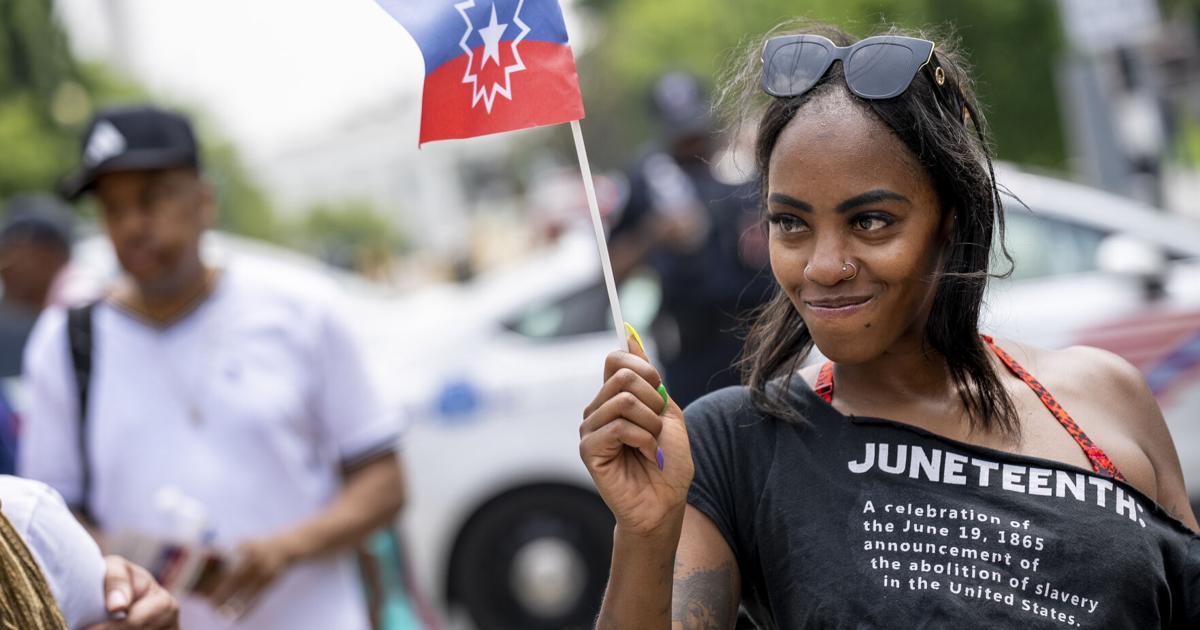
Juneteenth, celebrated on June 19, commemorates the moment in 1865 when enslaved people in Galveston, Texas, learned of their freedom, two years after the Emancipation Proclamation. This important holiday is not just a remembrance but also a celebration of African American culture, heritage, and resilience.
In 2021, President Biden declared Juneteenth a federal holiday, broadening its recognition across the nation.
Celebrations often include community events like parades, barbecues, and cultural activities that highlight African American history and achievements.
It's a time for reflection, education, and unity, encouraging everyone to engage with the ongoing fight for racial equality. As you plan your Juneteenth celebrations, consider participating in local events or hosting your own gatherings to honor this pivotal moment in American history and foster dialogue about freedom and justice for all.
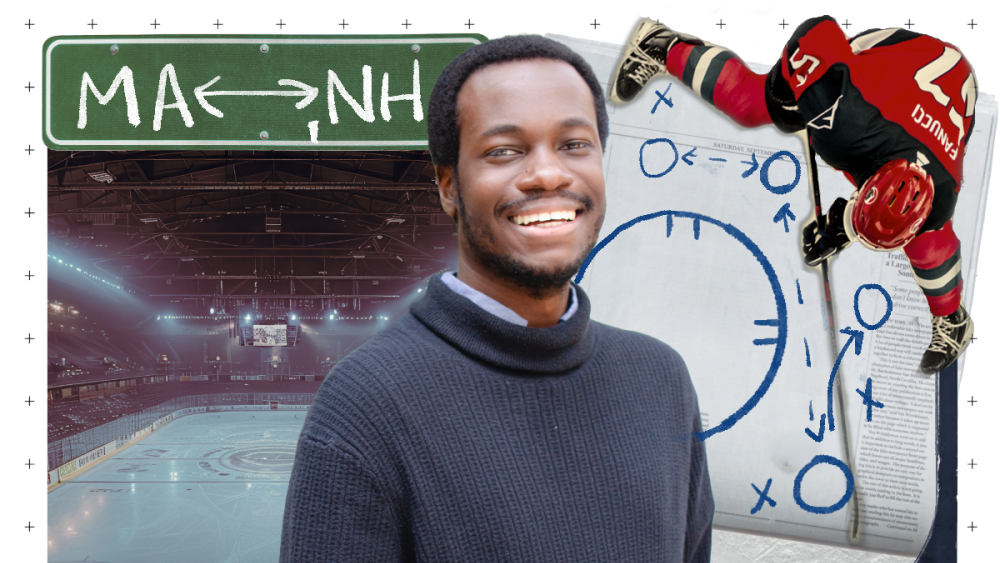
In a compelling Q&A, Penn State graduate student Aaron Bonsu explores the intricate dynamics of sports arenas, shedding light on the often contentious relationship between public funding, politics, and fan identity. Using the Boston Bruins' failed 1981 relocation to New Hampshire as a case study, he illustrates how unified community efforts can influence negotiations with teams who hold significant leverage.
Bonsu emphasizes that while proponents tout economic benefits, taxpayers frequently bear the burden of unexpected costs and minimal returns. He argues that cities can safeguard against potential losses by fostering a strong local identity beyond sports, ultimately ensuring they retain power in negotiations.
His insights remind us that the story of sports venues is not just about arenas, but about the heart and soul of the communities they represent.
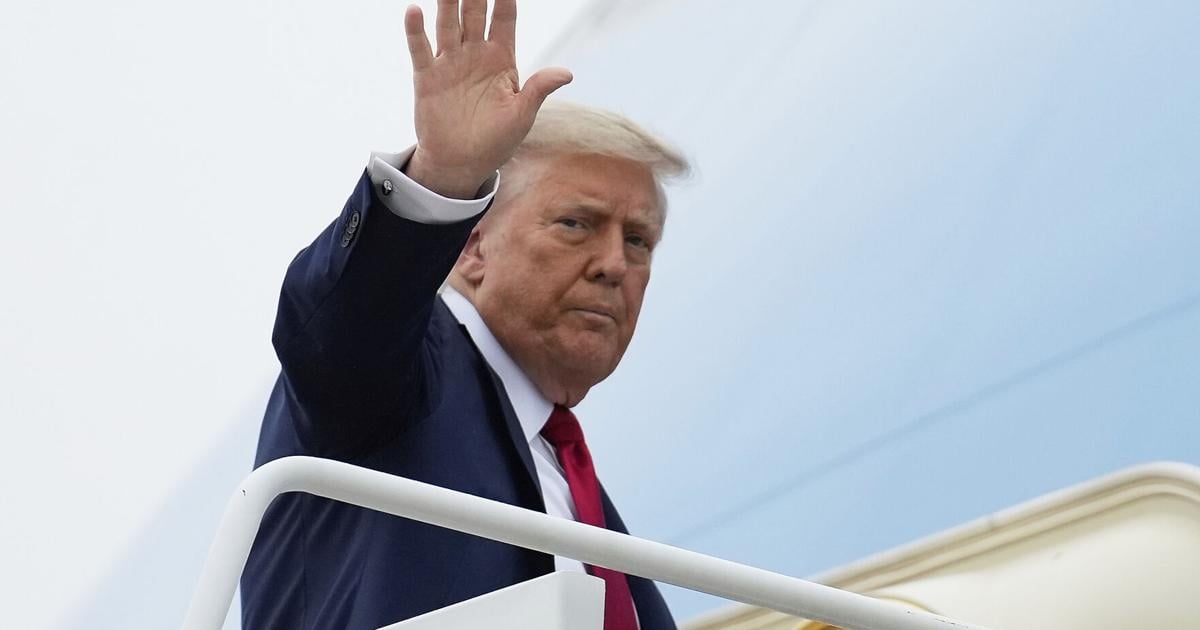
In a surprising turn of events, the NAACP has announced that it will not invite President Donald Trump to its upcoming national convention in Charlotte, North Carolina. This historic decision marks the first time in 116 years that a sitting president has been excluded from such an event.
NAACP President Derrick Johnson cited Trump's actions as contrary to the organization's mission of advocating for civil rights and equality. This bold move underscores the growing tensions between the administration and civil rights advocates, positioning the NAACP as a critical voice in the ongoing discourse around race and politics in America.
As the convention nears, many are left wondering how this absence will influence conversations about civil rights and social justice in today's climate.